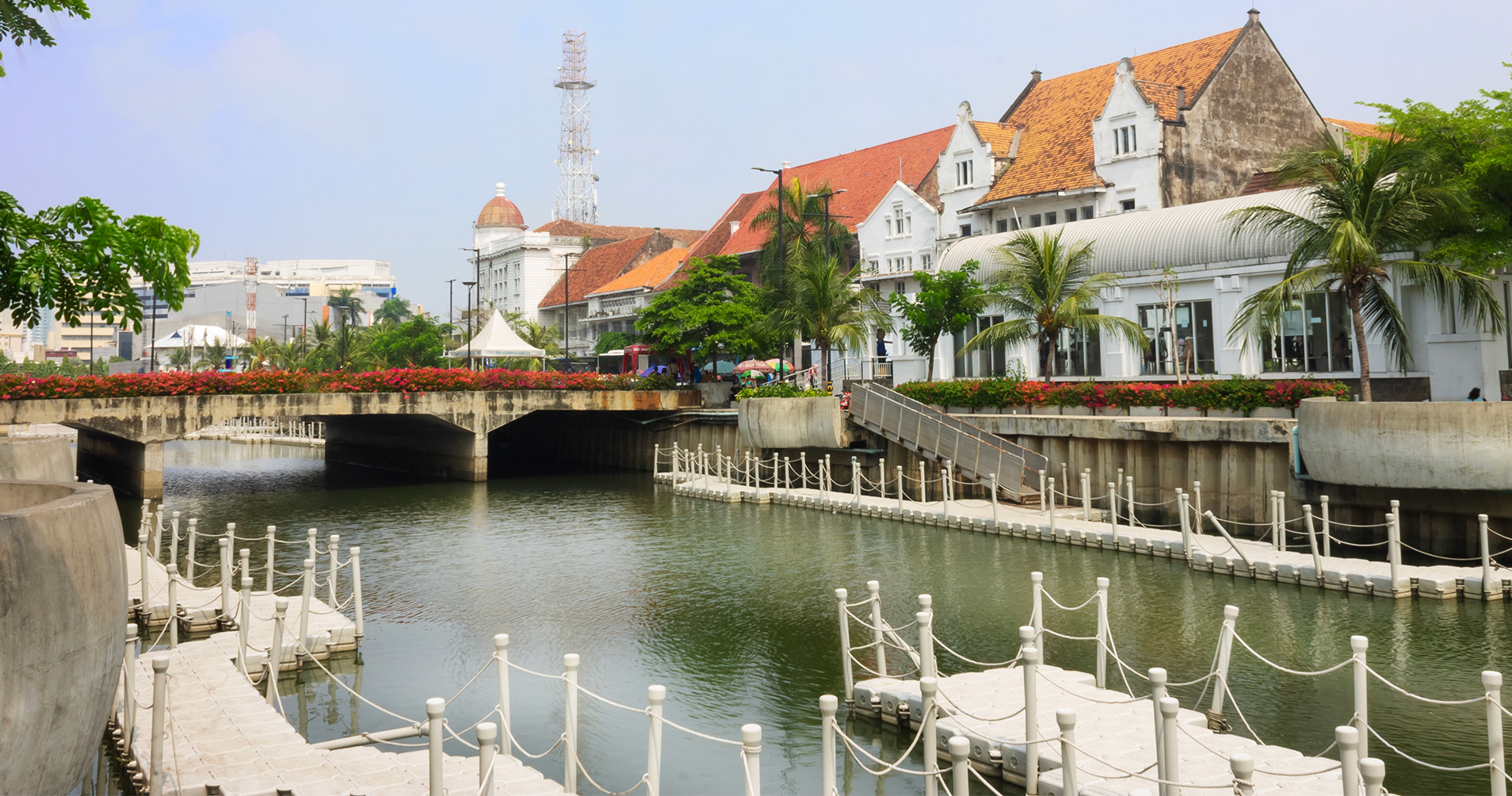Hyundai Motorstudio Senayan Park
Hyundai Motorstudio Senayan Park
Newsroom
The official news from Hyundai Motorstudio Senayan Park and a collection of innovative articles on mobility and sustainability here.
-
Save Our Rivers: Real Action to Overcome Pollution
- Hyundai Motorstudio Senayan Park Senayan Park 2024.09.19
-
Rivers have an important role in our lives, from sources of clean water to places for recreation in nature. Unfortunately, as development increases in areas around rivers, many rivers have become polluted, and their condition is now worrying. What are the impacts of river pollution, and how can we prevent and overcome it? Let's discuss it further and find out what real action we can take to save our rivers!
Impact of River Pollution on the Environment and Health
River pollution not only damages natural beauty, but in the long term, this pollution can have serious impacts on the environment and our health. The following are some of the main impacts of river pollution:
1. Reduced Clean Water Sources
River water is often used for daily needs, including drinking, cooking, bathing, and irrigation. However, river pollution makes the water no longer safe for consumption. Industrial waste, dangerous chemicals, and rubbish thrown into rivers pollute the water and contain toxic substances that can endanger human health. When river water is polluted, clean water sources become increasingly limited, especially in areas that depend on rivers as the main source of water.
2. Ecosystem Damage
Rivers are habitats for various types of flora and fauna that live in and around the riverbanks. When river water is polluted, many organisms are unable to survive. For example, fish and aquatic plants that are a source of food for other animals will die due to chemical pollution or lack of oxygen in the water. This disrupts the food chain in the ecosystem, which can ultimately lead to a loss of biodiversity.
3. Impact on Human Health
Polluted river water becomes a breeding ground for various diseases, especially if the water is used without adequate treatment. Diseases such as diarrhea, cholera, dysentery, and skin infections are some examples of diseases that often arise due to contact with polluted water. In addition, long-term exposure to dangerous chemicals in river water can also cause more serious health problems, such as damage to the liver, kidneys, and nervous system.
How to Prevent and Overcome River Pollution
To keep rivers clean, we need to take preventive measures and restore efforts. Some ways that can be done include:
1. Waste Management
Good waste management is the main key to preventing river pollution. Governments and communities must work together to ensure that household, agricultural, and industrial waste is properly treated before being discharged into rivers. Apart from that, educating the public about the importance of not littering is also very necessary.
2. River Restoration
River restoration involves various actions, such as cleaning rivers of rubbish, planting vegetation along riverbanks to reduce erosion, and restoring natural habitat that has been lost. This vegetation not only functions as a barrier to erosion but also as a natural filter that absorbs pollutants before they enter the river.
3. Use of Environmentally Friendly Products
Reducing river pollution can also be done by choosing and using environmentally friendly products. Both in households and industry, it is necessary to consider using safer and biodegradable products, such as organic fertilizers and environmentally friendly detergents.
The Role of Individuals in Maintaining River Cleanliness
Every individual has an important role in keeping rivers clean. Starting from small things such as not littering and using environmentally friendly products to participating in cooperation activities to clean rivers. With consistent, small actions, we can have a big impact on preserving rivers.
Let's together take real action to save our rivers from pollution. Clean rivers are not only for us but also for future generations.




